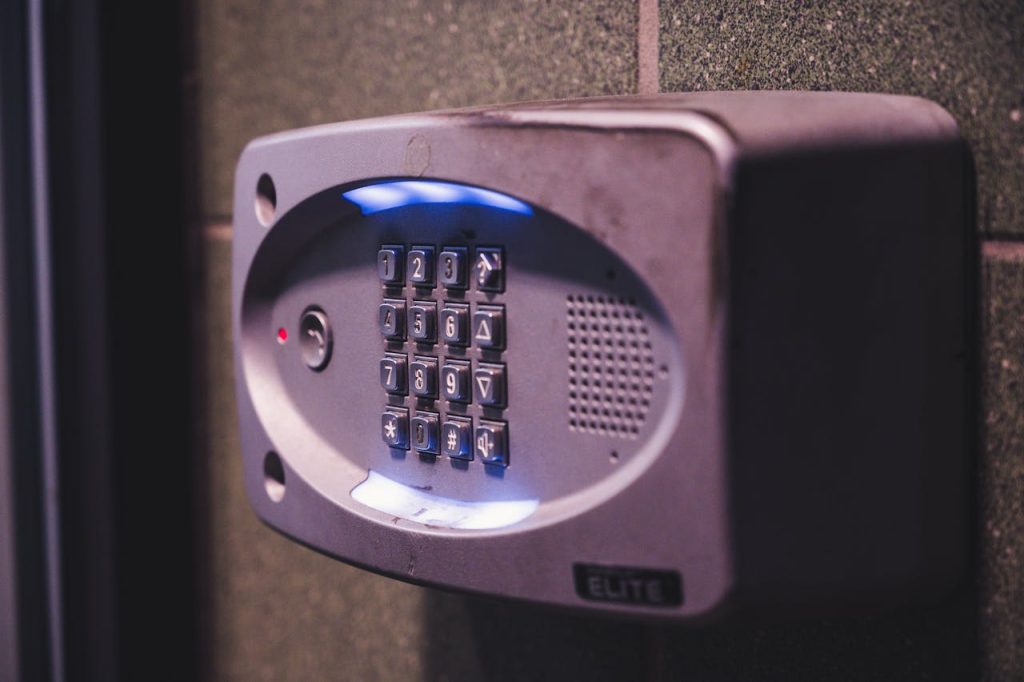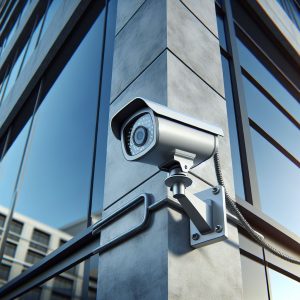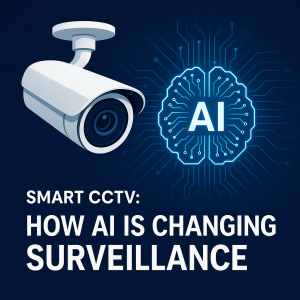When it comes to hiring a security company to protect your home or business, certifications are a key indicator of a provider’s reliability and expertise. Certified security companies follow established industry standards, training protocols, and best practices, giving you peace of mind that they will deliver high-quality service. Understanding these certifications can help you identify trustworthy providers in the field. Here’s a breakdown of the key certifications and what they mean.
1. Industry-Specific Certifications for Security Providers
Professional certifications help security companies build credibility, stay up-to-date with security trends, and meet strict regulatory standards. In New Zealand, companies are expected to follow guidelines set by organizations such as the New Zealand Security Association (NZSA) and the Private Security Personnel Licensing Authority (PSPLA).
Certifications to Look For:
- NZSA Certification: The New Zealand Security Association is the primary body for the security industry in New Zealand. NZSA-certified companies are committed to high standards in areas like training, safety, and ethics. They must pass strict audits to demonstrate competence, making NZSA membership a good indicator of trustworthiness.
- PSPLA Licensing: All security personnel in New Zealand are legally required to hold a valid license from the PSPLA. This licensing process verifies that individuals and companies are fit to provide security services, have passed background checks, and adhere to New Zealand’s security regulations.
Why They Matter: NZSA and PSPLA certifications indicate that a security company is accountable to local laws and industry standards. This accountability translates to well-trained staff, adherence to legal requirements, and a commitment to quality service.
2. ISO Certifications: Quality and Safety Standards
ISO (International Organization for Standardization) certifications are globally recognized standards that showcase a company’s commitment to quality management, safety, and environmental responsibility. Security companies with ISO certifications are focused on delivering consistent, high-quality services.
Key ISO Certifications:
- ISO 9001 (Quality Management): This certification ensures that a company has a quality management system in place. An ISO 9001-certified security company has structured processes for service delivery, customer feedback, and continuous improvement, meaning they’re committed to meeting customer expectations.
- ISO 45001 (Occupational Health and Safety): ISO 45001 certification shows that a company has rigorous health and safety protocols, which is especially important in the security field. It ensures that the security provider minimizes workplace risks and creates a safe environment for both employees and clients.
Why They Matter: ISO certifications reflect a company’s commitment to quality, safety, and service consistency. A security provider with ISO certifications demonstrates that they’re dedicated to providing top-notch services and reducing risks.
3. Training Certifications for Security Personnel
The quality of a security company often comes down to the training and expertise of its personnel. Certifications from recognized training bodies indicate that the security company invests in ongoing education and skills development for its employees, ensuring they are prepared for a range of security challenges.
Relevant Training Certifications:
- ASIS Certifications (e.g., CPP, PSP): ASIS International offers certifications like Certified Protection Professional (CPP) and Physical Security Professional (PSP), which focus on various aspects of security management, physical security, and risk management. These certifications are globally recognized and demonstrate that personnel have advanced skills in security.
- New Zealand Certificate in Security (Level 3 and Level 4): These are qualifications recognized by the New Zealand Qualifications Authority (NZQA). Level 3 is an entry-level qualification covering essential security skills, while Level 4 is more advanced and includes conflict resolution, legal knowledge, and emergency response.
Why They Matter: Training certifications are a direct reflection of a security company’s commitment to professional development. Hiring a company whose staff holds these qualifications means you’ll be working with trained professionals who know how to handle complex security situations.
4. Technology and Equipment Certifications
In the modern security industry, technology plays a critical role in providing reliable services. Certifications for technology and equipment, such as those related to CCTV systems, alarm systems, and access control devices, indicate that the security company uses industry-approved, high-quality tools.
Important Technology Certifications:
- UL Certification (Underwriters Laboratories): UL certification ensures that security equipment meets rigorous safety standards. This certification is especially relevant for fire alarms, security systems, and access control devices, as it means the equipment has passed comprehensive testing for performance and reliability.
- ONVIF Conformance: For companies offering CCTV and video surveillance services, ONVIF (Open Network Video Interface Forum) certification is a mark of compatibility and interoperability across network video products. This ensures that the equipment can work seamlessly with other systems, making upgrades or integrations easier.
Why They Matter: Certified equipment is less likely to fail and can provide better reliability and performance. When a security company uses certified technology, it shows they prioritize quality tools, reducing the risk of system malfunctions.
5. Cybersecurity Certifications
In today’s interconnected world, cybersecurity is increasingly essential in physical security systems, especially for providers offering services like smart security, remote monitoring, or cloud-based access control. Cybersecurity certifications help protect against data breaches, unauthorized access, and cyberattacks.
Key Cybersecurity Certifications:
- ISO/IEC 27001 (Information Security Management): ISO/IEC 27001 certification demonstrates that a company has established protocols to protect customer data and prevent cyber threats. For security companies managing surveillance footage or client information, this certification is crucial.
- CompTIA Security+ or CISSP (Certified Information Systems Security Professional): These certifications indicate that personnel are trained in cybersecurity best practices, which is beneficial for companies offering network-connected security solutions.
Why They Matter: With the rise in cyber threats, cybersecurity certifications ensure that the security provider is taking necessary measures to secure their systems and protect your data from unauthorized access. It’s particularly important for companies providing remote monitoring or smart security systems.
6. Professional Association Memberships and Code of Conduct Adherence
Many reliable security providers also hold memberships with professional security organizations, which often require adherence to a strict code of conduct and ethics. In New Zealand, the New Zealand Security Association (NZSA) sets the bar for best practices in security.
Relevant Associations:
- NZSA Membership: Membership in the New Zealand Security Association means the company is part of a community committed to high standards, ethical practices, and ongoing professional development.
- ASIS International: ASIS is a globally recognized security association that offers resources, certifications, and support to its members. ASIS membership is an indicator that the security provider is dedicated to upholding high industry standards.
Why They Matter: Association memberships indicate a company’s commitment to staying informed of industry changes and adhering to ethical guidelines. Membership in a reputable organization reflects a security provider’s dedication to professionalism and quality service.
Final Thoughts: Choosing a Certified Security Provider
Choosing a certified security company ensures that your provider meets high industry standards and has a commitment to quality, safety, and ongoing improvement. Certifications aren’t just about compliance—they indicate a company’s dedication to professionalism and its investment in staff training, quality technology, and ethical practices.
When comparing security companies, always ask for proof of their certifications and memberships. A reputable provider will gladly share this information with you, giving you confidence that your home, business, or loved ones are in capable hands.





